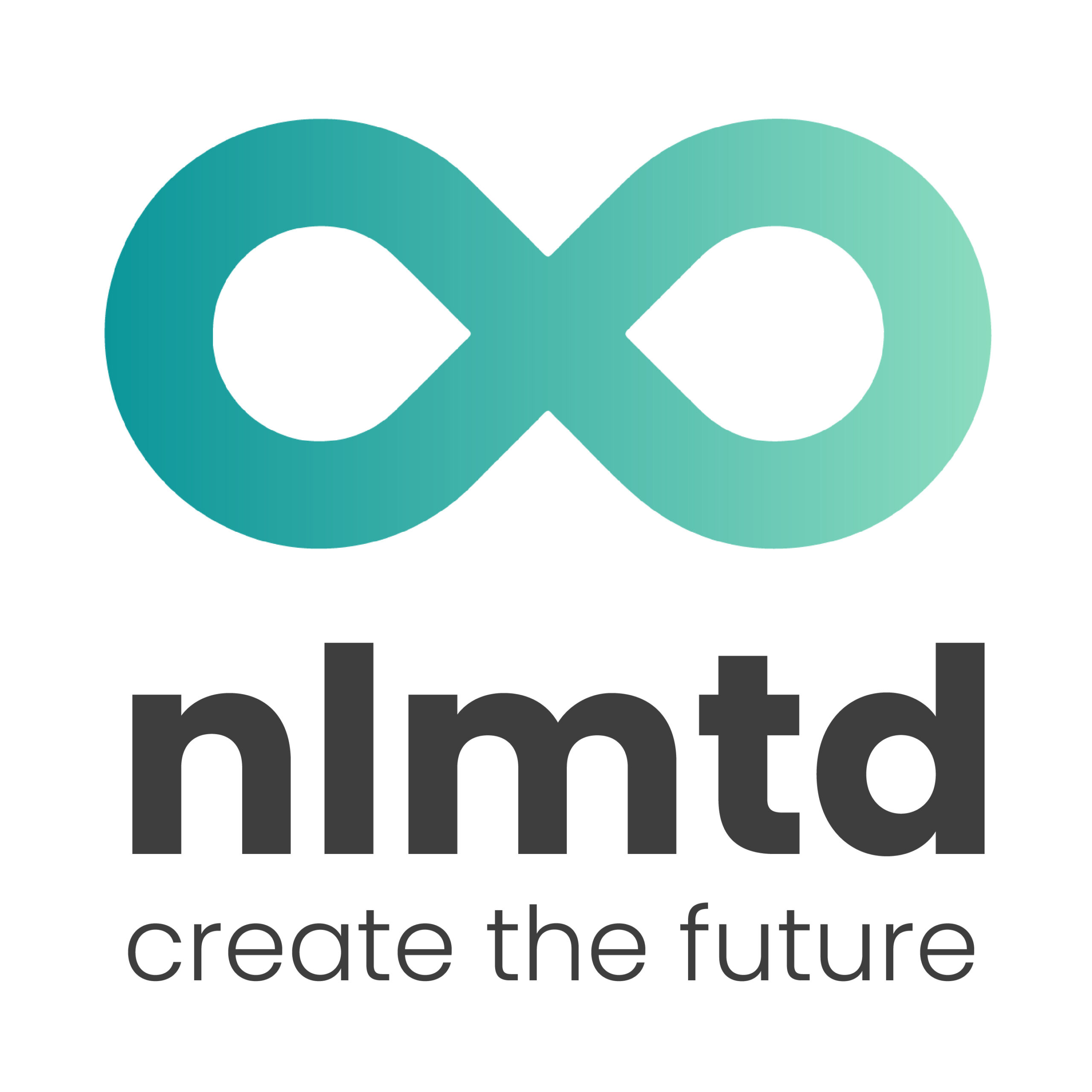Innovation and Strategy Consultancy nlmtd (Unlimited), in partnership with Future Travel Experience, is excited to announce that International Airlines Group and Miami International Airport are the inaugural members of the ground-breaking “Smart Ramp” innovation program.
Kick-Off Workshop Highlights Urgent Issues in Ramp Operations
During the Future Travel Experience Global in Long Beach, 22 airports and airlines convened to launch this nlmtd-designed program, aimed at addressing critical challenges in ramp operations. Over 30 innovation and operations executives collaborated to envision the future of ramp operations, identifying pressing issues that impede safe, timely turnarounds:
- Labor Market Strain: A global shortage of staff for low-skill, repetitive jobs is impacting operational capacity.
- Health & Safety Concerns: Organizations and governments are increasingly prioritizing improved working conditions for ground staff.
- Infrastructure Challenges: The transition to electric ground service equipment (GSE) requires significant upgrades to airport electric grids and stands.
- Sustainability Goals: Airlines and airports are adopting electric and autonomous systems to meet ambitious environmental targets.
- Business Model Shifts: Increased competition drives airports to explore new business models, such as AI-driven turnarounds and autonomous GSE fleets, impacting ground handlers’ roles and operations.
Major Themes Shaping the Future of Ramp Operations
The 2,5 hour workshop created many insights for the group as to where the ramp operations of the future is and should be going. The organisations shared many of the innovation initiatives that are planned around the world to tackle the abovementioned issues. The major themes are:
1. AI and Computer Vision for Turnaround Optimization AI-powered turnaround services use sensors and cameras to monitor and streamline ramp processes, capturing real-time data and tracking tasks. Vendors like Schiphol Deep Turnaround, Assaia, and ZestIOT provide solutions that detect potential delays, safety risks, and other operational issues, allowing teams to address these promptly. The benefits for airlines and airports include:
- Improved Efficiency: Automated monitoring ensures smooth, on-time operations, reducing delays.
- Enhanced Safety: AI-driven detection of FOD (Foreign Object Debris) and equipment placement reduces risks.
- Cost Savings: Optimized operations cut costs associated with delays, fuel, and labor.
- Effective Resource Allocation: Real-time insights enable teams to allocate resources efficiently.
- Increased Transparency: A data-driven view of ramp activities fosters accountability and enhances team collaboration.
2. Autonomous Guided Vehicles (AGVs) on the Ramp Autonomous guided vehicles are transforming ramp operations by supporting turnaround tasks. Airports globally are testing AGV technology, with notable examples including:
- Schiphol Airport, Netherlands: In 2023, self-driving buses transported staff along fixed airside routes.
- Barcelona-El Prat Airport, Spain: A proof-of-concept trial by WFS and Aena moved cargo between the warehouse and apron.
- Gatwick Airport, UK: In 2018, Gatwick trialed autonomous electric vehicles to shuttle staff between terminals.
- Heathrow Airport, UK: IAG Cargo and Heathrow conducted the UK’s first autonomous airside trial using the CargoPod along a dedicated route.
Why Smart Ramp?
At Future Travel Experience events, discussions with industry leaders highlighted an opportunity to avoid duplication of efforts. Many organizations worldwide are conducting similar trials, from AI applications to autonomous GSE, often repeating the same tests. For start-ups, this redundancy can be particularly costly and inefficient. Also the learnings and mistakes captured are not broadly shared within the industry leading to lots of wasted resources, investments and effort.
The Smart Ramp program, led by nlmtd, provides a collaborative solution. Participants are building a shared innovation roadmap that leverages collective experience rather than duplicating it. Sixteen initial innovation projects have been identified, with a roadmap for 2025 underway. nlmtd has years of experience in every aspect of innovation management, especially in open innovation, ecosystem building and corporate innovation management. If you are interested in some of the nlmtd travel and transportation use cases please find a download with cases and playbook here.
If you would like to learn more about the Smart Ramp innovation program, the BOOST baggage innovation program or the nlmtd innovation practise, please contact Manuel van Lijf. We are organising a second Smart Ramp workshop during the Future Travel Experience Asia event in Singapore which is held from 19-20 November 2024. Please contact Daniel Coleman for attending this event.





